Find Help
More Items From Ergsy search
-
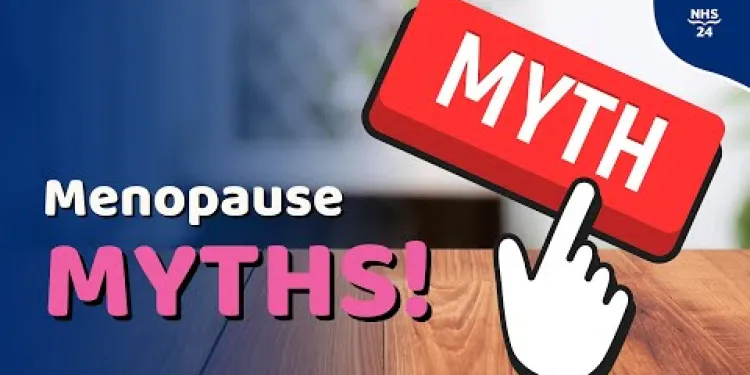
Menopause Myths
Relevance: 100%
-
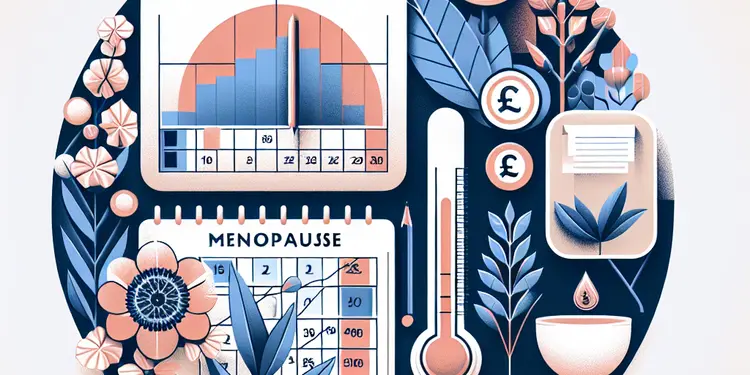
What is menopause?
Relevance: 50%
-
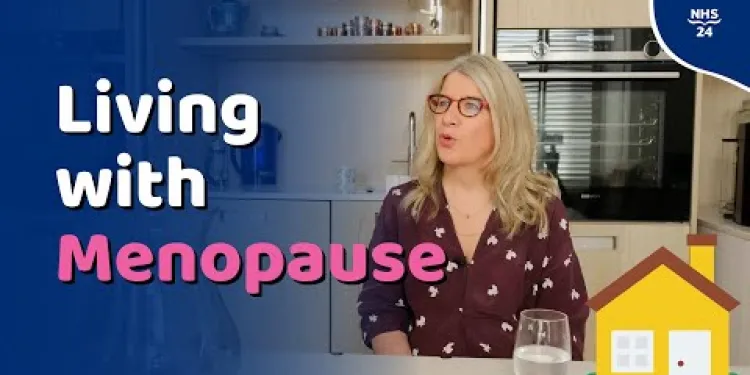
Living with the menopause
Relevance: 50%
-
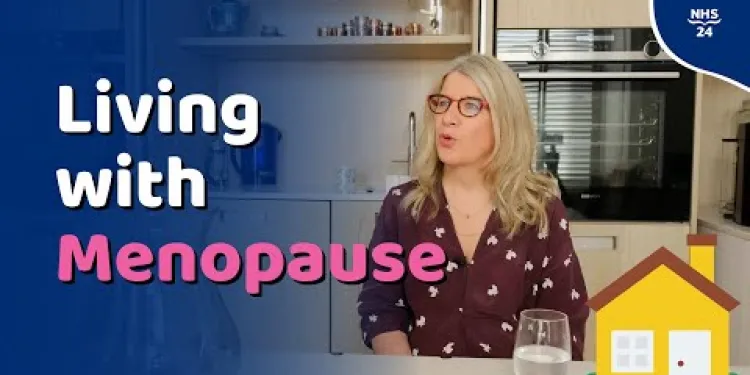
Living with the menopause
Relevance: 50%
-
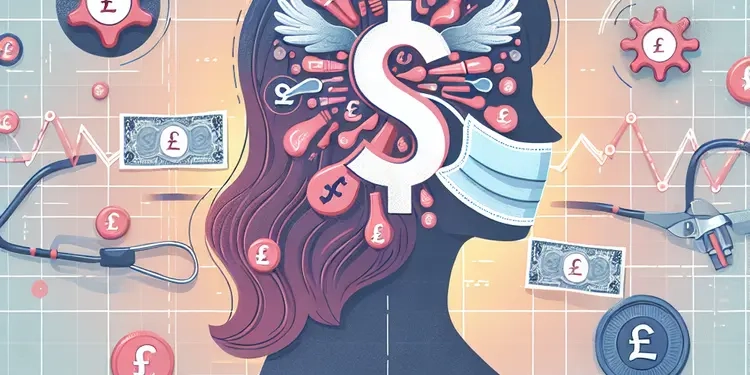
What is menopause masking?
Relevance: 48%
-

What is menopause masking?
Relevance: 48%
-
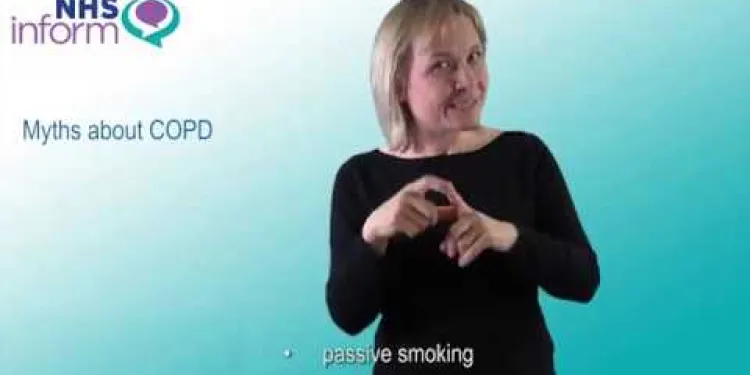
Myths about COPD
Relevance: 47%
-
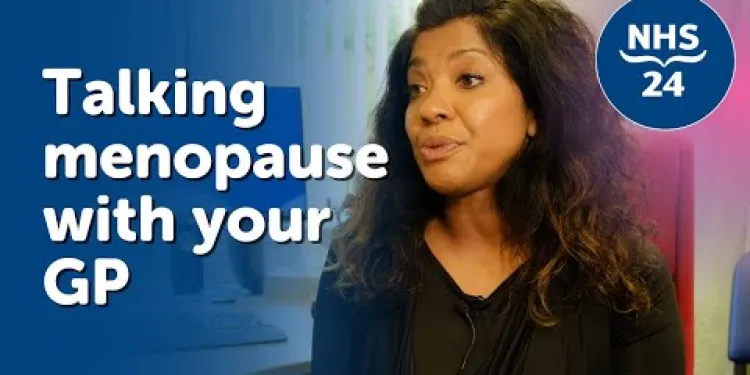
Talking menopause with your GP
Relevance: 46%
-
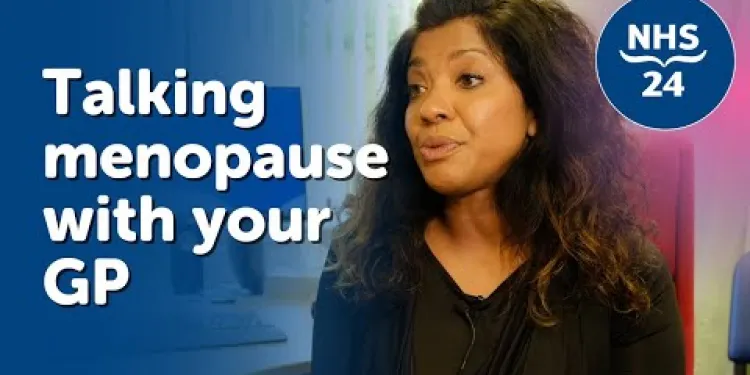
Talking menopause with your GP
Relevance: 46%
-

Is it possible to delay menopause naturally?
Relevance: 46%
-
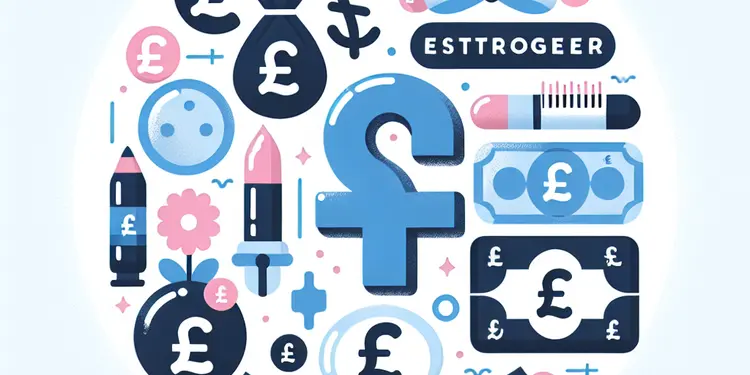
What is the role of estrogen in menopause?
Relevance: 45%
-
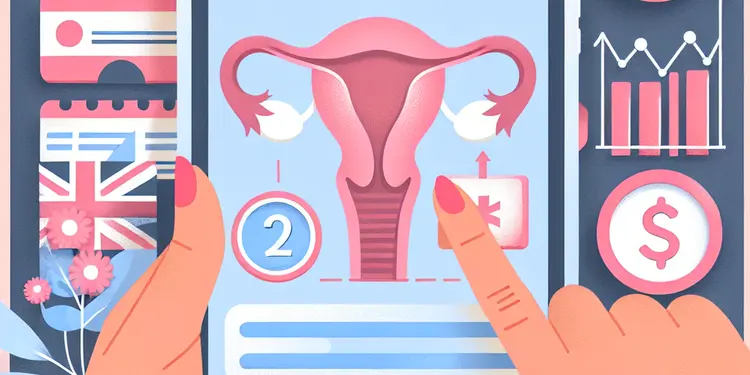
What are common symptoms of menopause?
Relevance: 45%
-

Are there natural remedies for menopause masking?
Relevance: 45%
-
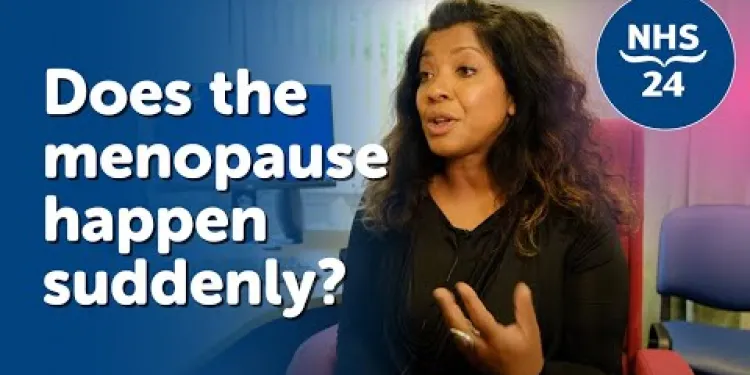
Does the menopause just happen suddenly?
Relevance: 45%
-
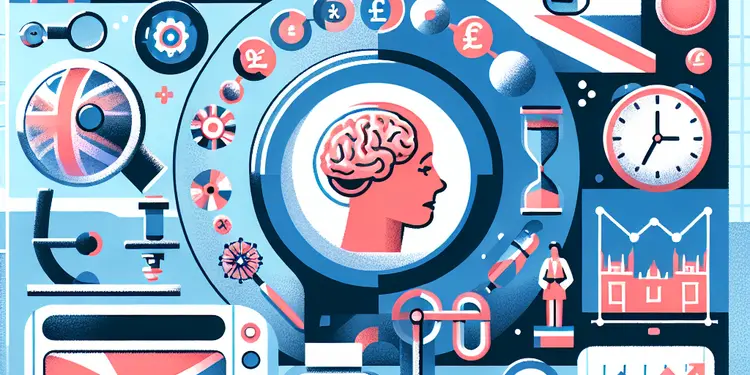
Is there scientific evidence linking menopause to dementia?
Relevance: 44%
-
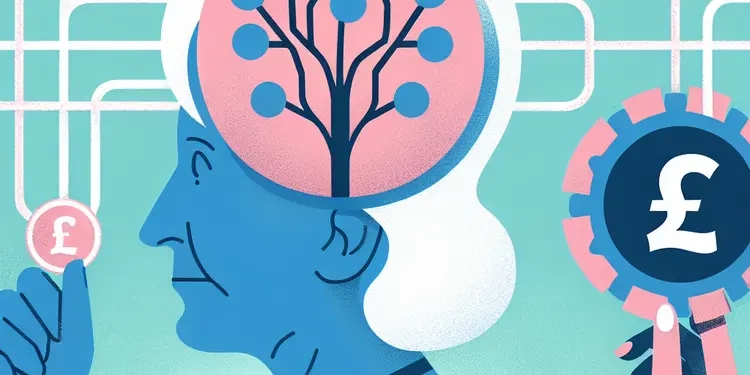
What are the links between menopause and dementia?
Relevance: 44%
-
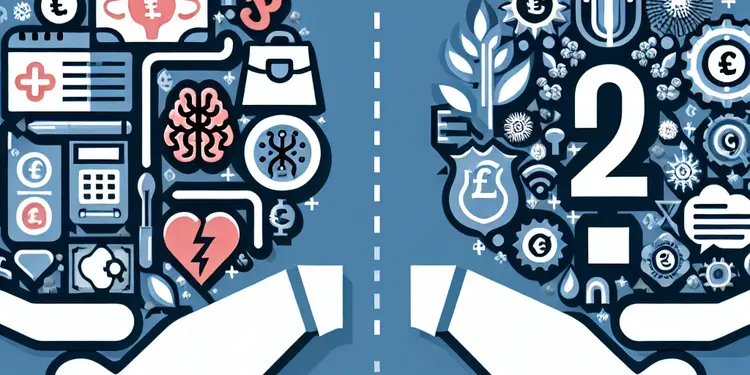
Are there specific types of dementia linked to menopause?
Relevance: 44%
-
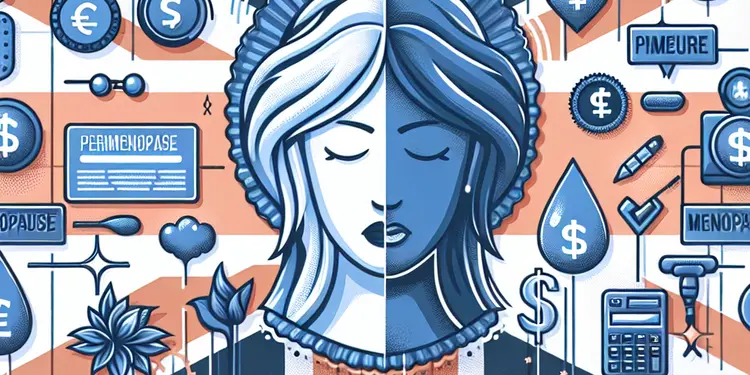
What is the difference between perimenopause and menopause?
Relevance: 44%
-

What treatments are available for menopause masking?
Relevance: 44%
-
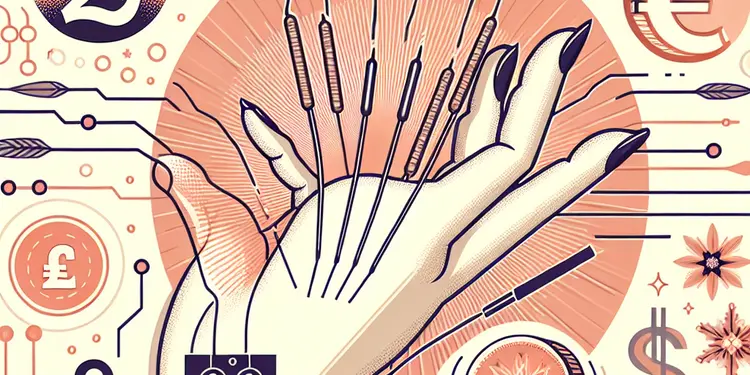
Can acupuncture help with menopause masking?
Relevance: 43%
-

How long does menopause typically last?
Relevance: 43%
-
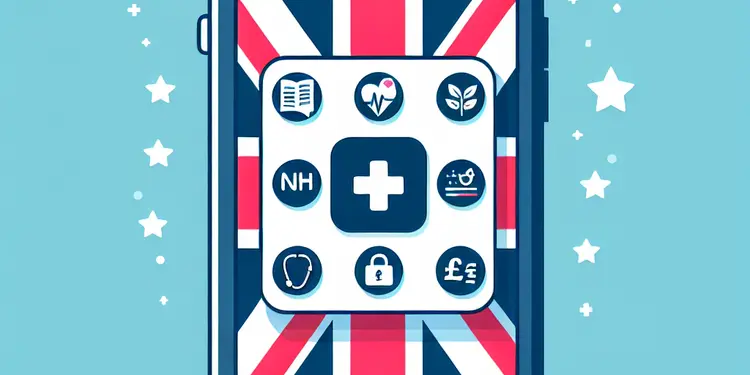
Are there any NHS apps for managing menopause symptoms?
Relevance: 43%
-
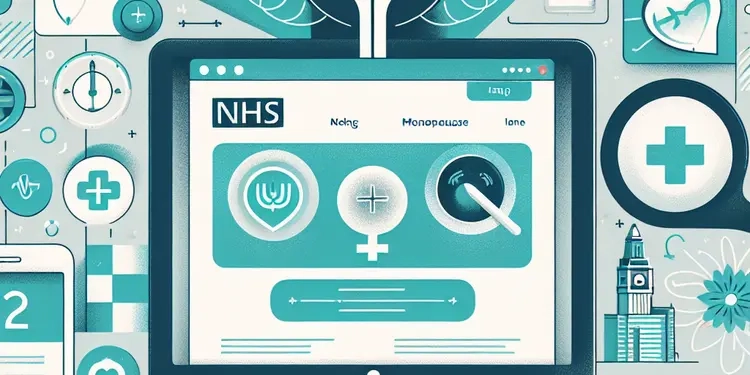
Does the NHS offer an online hospital for menopause?
Relevance: 43%
-
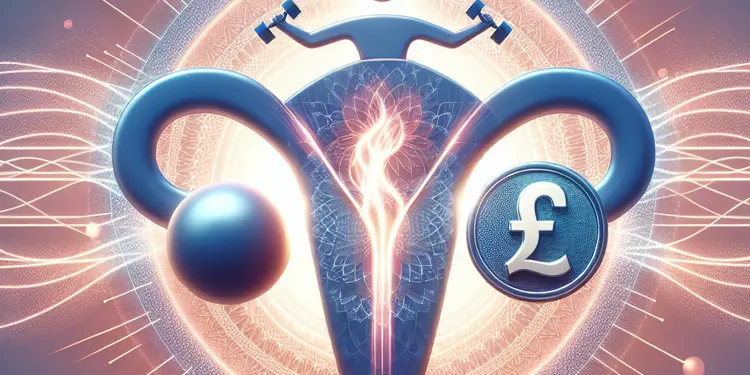
How does exercise impact menopause masking?
Relevance: 43%
-
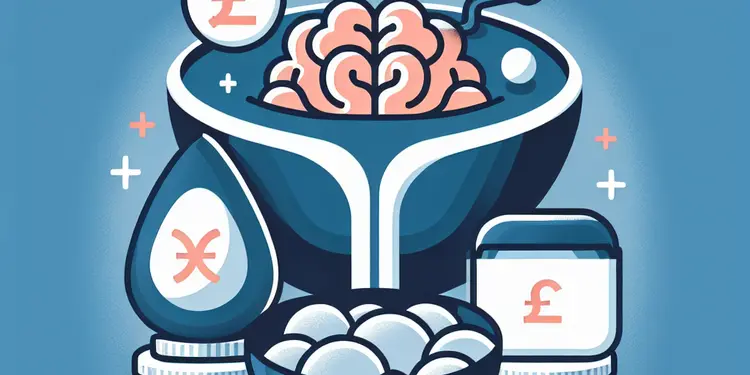
Is the age of menopause onset related to dementia risk?
Relevance: 43%
-
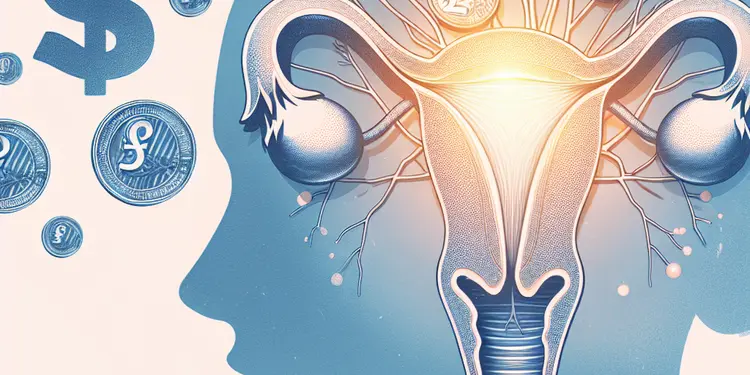
Can menopause affect bone health?
Relevance: 43%
-
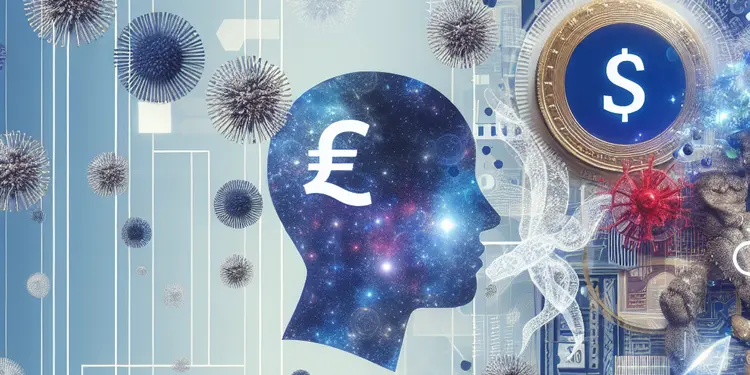
What psychological effects can menopause have?
Relevance: 43%
-

Why do some women use menopause masking?
Relevance: 43%
-

Can stress management aid in menopause masking?
Relevance: 42%
-

Does the NHS offer an online hospital for menopause?
Relevance: 42%
-

Are there psychological impacts of menopause that affect cognitive health?
Relevance: 42%
-

Stammering: myths about the cause of stammering
Relevance: 42%
-

Can lifestyle changes help with menopause masking?
Relevance: 42%
-
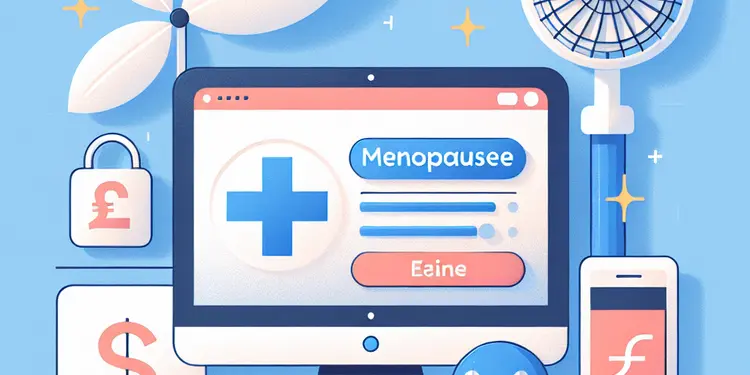
Does the NHS have an online symptom checker for menopause?
Relevance: 42%
-
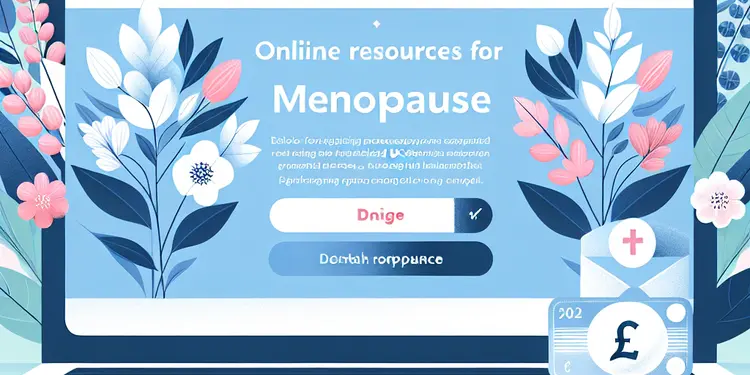
What online resources does the NHS offer for menopause?
Relevance: 42%
-
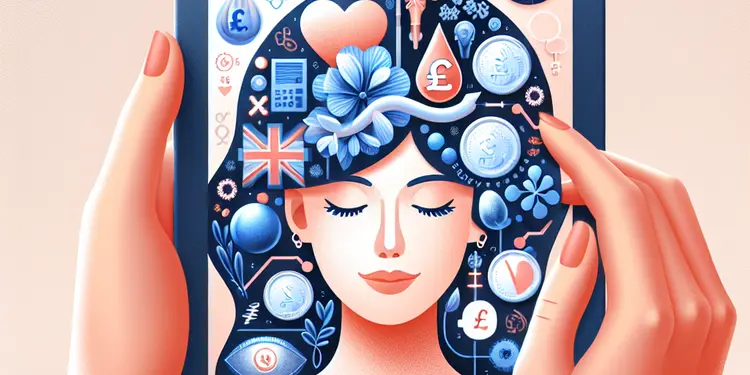
How does sleep quality relate to menopause symptoms?
Relevance: 41%
-

What further research is needed about menopause and dementia?
Relevance: 41%
-
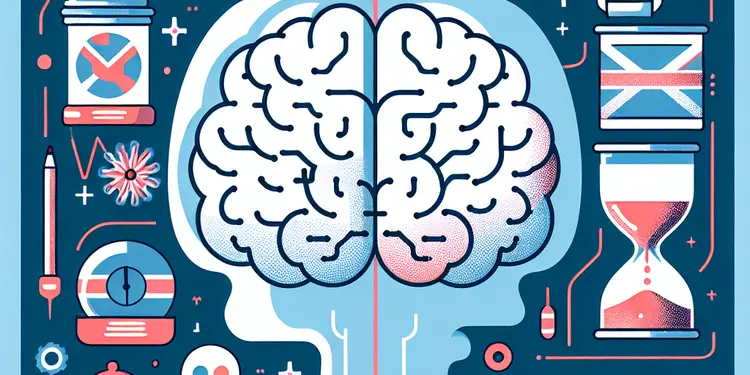
Do all women experience cognitive decline after menopause?
Relevance: 41%
-

What role does diet play in menopause masking?
Relevance: 41%
-
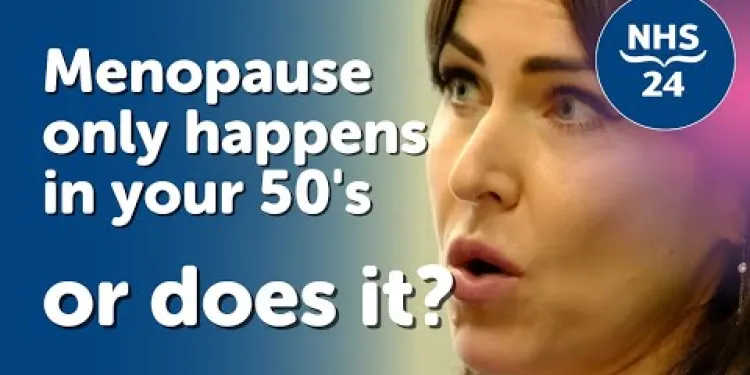
Does Menopause Only Happen in Your 50's? | NHS 24
Relevance: 41%
Menopause Myths Debunked: Understanding the Reality
Myth: Menopause Only Affects Older Women
Many people believe that menopause only affects women in their 50s or later. However, menopause can start as early as the 40s and, in some cases, even in the late 30s. Known as perimenopause, this transition period can last several years before a woman experiences her final menstrual period.Myth: Menopause Always Causes Severe Symptoms
While some women do experience severe symptoms such as hot flashes and mood swings, this is not universal. Symptoms vary greatly in intensity and duration. It's essential to understand that menopause is a highly individual experience, and some women may have mild symptoms or none at all.Myth: Hormone Replacement Therapy (HRT) Is Dangerous
There are misconceptions regarding the safety of Hormone Replacement Therapy. While there are risks associated with HRT, it can be a safe and effective treatment for many women when prescribed appropriately. It's crucial to discuss with a healthcare provider to understand the benefits and risks based on individual health profiles.Myth: Menopause Ends Your Sex Life
Another common myth is that menopause marks the end of a woman's sex life. While hormonal changes can affect libido, this doesn't mean an end to sexual activity. Open communication with partners and potential medical treatments can help address changes in sexual health.Myth: Weight Gain Is Inevitable
Menopausal weight gain is often attributed to hormonal changes, but lifestyle factors play a significant role. Maintaining a balanced diet and regular exercise routine can help manage weight during menopause. It's essential to focus on overall health rather than expecting unavoidable weight gain.Myth: Menopause Leads to Mental Decline
While some women experience forgetfulness or “brain fog” during menopause, these cognitive changes are generally temporary. Research indicates that menopause does not cause long-term cognitive decline. Keeping mentally active through reading, puzzles, and other activities helps maintain cognitive health.Conclusion
Understanding and debunking these myths is vital for women to approach menopause with confidence and accurate information. Discussing symptoms and treatment options with healthcare professionals ensures better management of this natural life stage. In the United Kingdom, resources and support are available through the NHS and other dedicated health organizations to assist women in navigating this transition effectively.Menopause Myths Uncovered: What's True?
Myth: Menopause Only Affects Older Women
Many people think menopause only happens to women in their 50s. But it can start when a woman is in her 40s or even late 30s. This early stage is called perimenopause. It can last a few years before menopause fully happens.Myth: Menopause Always Causes Bad Symptoms
Some women have strong symptoms like hot flashes and mood swings, but not everyone does. Menopause feels different for each woman. Some might have mild symptoms or none at all.Myth: Hormone Replacement Therapy (HRT) Is Unsafe
Some people worry HRT is unsafe. There are some risks, but HRT can be good for many women if used correctly. It's important to talk with a doctor to understand if it's right for you.Myth: Menopause Ends Your Sex Life
Many believe menopause stops a woman's sex life. Hormonal changes can affect sex drive, but they don't mean it's over. Talking openly with partners and doctors can help with changes in sexual health.Myth: Weight Gain Can't Be Avoided
Some think menopause always causes weight gain. Hormones change, but healthy eating and exercise can help control weight. Staying healthy is more important than expecting weight gain.Myth: Menopause Causes Long-term Mental Decline
Some women feel forgetful during menopause, but this is usually temporary. Studies show menopause doesn't cause long-term memory problems. Doing puzzles and reading can keep your brain active.Conclusion
Knowing the truth about these myths helps women feel confident about menopause. Talking to doctors about symptoms and treatment can make this life stage easier. In the UK, the NHS has lots of resources to support women through menopause.Frequently Asked Questions
Is menopause only about the sudden stop of periods?
No, menopause is not just about the end of periods. It involves a range of symptoms and changes, such as hot flashes, night sweats, mood swings, and changes in bone density.
Does menopause happen at the same age for every woman?
No, the average age for menopause is around 51 in the UK, but it can occur in a woman’s 40s or 50s. The timing can vary due to genetics, medical conditions, or treatments.
Can women still get pregnant during menopause?
It’s unlikely but not impossible to get pregnant during the perimenopausal phase. However, once a woman has gone 12 straight months without a period, she is considered to be in post-menopause and pregnancy is unlikely.
Is weight gain during menopause inevitable?
No, weight gain is not inevitable during menopause. Hormonal changes can make weight management more challenging, but maintaining a healthy diet and regular exercise can help control weight.
Is menopause the cause of severe mental health issues?
Menopause can affect mood and emotional well-being due to hormonal changes, but it is not the direct cause of severe mental health disorders. Other factors should also be considered.
Are hot flashes only a menopause symptom?
Hot flashes are a common symptom of menopause but can also be caused by other medical conditions or medications.
Is hormone replacement therapy (HRT) dangerous?
HRT can pose risks but also offers benefits. It's crucial to discuss personal health history with a healthcare provider to weigh the pros and cons before starting HRT.
Does menopause cause hair loss?
Yes, hormonal changes during menopause can lead to thinning hair or hair loss. Maintaining a balanced diet and good hair care can help manage this issue.
Is it true that all women experience the same menopause symptoms?
No, menopause symptoms can vary widely among women. Some may experience severe symptoms, while others may have mild or no symptoms at all.
Does menopause only cause physical symptoms?
No, menopause can cause both physical symptoms like hot flashes and sleep disturbances, and emotional symptoms like mood swings and irritability.
Is it necessary to treat menopause symptoms?
Treatment is not always necessary but can improve quality of life. Women should discuss their symptoms and treatment options with their healthcare provider.
Can diet and lifestyle changes alleviate menopause symptoms?
Yes, a healthy diet, regular exercise, and stress-reduction techniques can help manage menopause symptoms.
Is menopause the same as perimenopause?
No, perimenopause is the transitional period leading to menopause, marked by irregular periods and various symptoms. Menopause is confirmed after 12 consecutive months without a period.
Does menopause increase the risk of other health problems?
Yes, menopause can increase the risk of certain health issues like osteoporosis and cardiovascular disease due to lower estrogen levels.
Is menopause an illness that needs to be cured?
No, menopause is a natural biological process, not an illness. However, the symptoms may need to be managed accordingly.
Is menopause just when periods stop suddenly?
Menopause is when a woman's periods stop. But it's not just about periods stopping suddenly. It happens slowly over time. It can take a few years.
During menopause, the body changes. Some women feel hot or sweaty. Some feel sad or tired. These are normal changes.
If you need help, talk to a doctor or nurse. They can help you understand menopause better.
Using tools like picture cards or apps can help explain things clearly. Talking to friends or support groups can also help.
Menopause is not only when periods stop. It comes with many changes, like feeling very hot suddenly (hot flashes), sweating at night, feeling moody, and bones getting weaker.
Do all women get menopause at the same age?
No, menopause does not happen at the same age for every woman. Each woman is different, and menopause can start at different ages.
Some women might get menopause in their 40s, and some in their 50s. It is normal for it to happen at any time in this age range.
If you have questions or feel unsure, it is a good idea to talk to a doctor. They can give you more help and answers.
Using calendars or health apps can help track changes and understand your body better.
No, most women start menopause at about age 51 in the UK. But some women start in their 40s or 50s. Menopause can start at different times because of family history, illnesses, or medical treatments.
Can women have a baby during menopause?
It is not very likely, but you can still get pregnant when you are in the time before menopause, called perimenopause. Once you have gone 12 months in a row without having your period, you are in post-menopause, and it is hard to get pregnant then.
Will I gain weight during menopause no matter what?
It's not definite. Some women do gain weight during menopause, but it's possible to stay the same weight or even lose weight.
Here are things you can do to help:
- Eat healthy foods like fruits and vegetables.
- Exercise regularly, like walking or playing a sport you enjoy.
- Talk to a doctor or a health professional for advice.
Remember, everyone is different, and what works for one person might be different for someone else.
No, you don't have to gain weight when you go through menopause. Your body changes and it can be harder to keep the weight off. But, eating healthy and exercising can help you stay at a healthy weight.
Can menopause make people feel very sad or worried?
When women go through menopause, their hormones change. This can make them feel sad or worried. But menopause does not cause serious mental health problems by itself. It is important to think about other things too.
Do only women going through menopause get hot flashes?
Hot flashes can happen to women who are going through menopause. But they can also happen to other people for different reasons. If you're not sure why you get hot flashes, talk to a doctor. They can help you understand.
If you find reading hard, try using a ruler or your finger to follow along with the words. You can also ask someone to read with you. Listening to audiobooks or using voice-to-text tools might help too.
Hot flashes are when you feel very hot and sweaty all of a sudden. They happen a lot to women going through menopause. But they can also happen because of some illnesses or medicines.
If you find it hard to read, you can use tools that read words out loud to you. You could also ask someone to explain it to you in a different way.
Is Taking Hormone Medicine Safe?
Hormone medicine is called HRT. Some people take it to feel better. Is it safe? It is good to talk to a doctor. Doctors know a lot about HRT. They can tell you if it is safe for you. Talking to adults you trust can help too. Remember, ask questions if you are unsure! Using pictures or simple words can make it easier to understand.HRT can be both good and bad for your health. Talk to your doctor about your health to decide if HRT is right for you.
Does menopause make hair fall out?
Yes, when your body changes during menopause, your hair might get thinner or fall out. Eating healthy foods and taking care of your hair can help with this problem.
Do all women have the same menopause symptoms?
No, not all women have the same menopause symptoms. Menopause happens when a woman stops having her periods. Some women might feel hot or tired. Others might feel different. Everyone is different.
If you have questions or worries, talk to a doctor. Writing down how you feel can help you remember. You can also use tools like mood trackers or apps on a phone to keep track of symptoms.
Menopause is when a woman's body changes and she doesn't have her period anymore.
Not all women feel the same during menopause. Some women feel really bad and have strong symptoms. Other women feel okay and have very few symptoms, or even none at all.
If you need help understanding menopause, you can talk to a doctor or nurse. They can answer your questions and help you feel better.
Does menopause only cause physical symptoms?
Menopause can change how your body feels. But it can also change how you feel inside your mind. It is not just about the body.
Body Changes: You might feel hot. You might sweat more. You might feel tired.
Mood Changes: Sometimes you might feel sad. Sometimes you might feel grumpy or not yourself.
If you feel this way, it is okay to talk to someone. A doctor can help. Writing down your feelings can also help. Relaxation and breathing exercises can make you feel better too.
No, menopause can cause changes in the body and feelings. You might feel hot a lot (these are called hot flashes), and you might have trouble sleeping. You might also feel more sad or angry than usual.
Do we need to help with menopause feelings?
Sometimes, you do not need special treatment. But getting treatment can help you feel better in your life. Women should talk with their doctor about how they feel and what treatments they can try.
Can changes in food and daily habits help with menopause symptoms?
Menopause is a time when women's bodies change. This can cause hot flashes and mood swings. Changing what you eat and your daily habits might help you feel better.
Eat lots of fruits and vegetables. Try to exercise every day, like walking or yoga. These can help lower stress and improve your mood.
You can write down how you feel each day. This can help you see what foods or activities make you feel good.
If it's hard to do this alone, ask a friend or family member to help you.
Yes, eating good food, exercising, and using ways to feel calm can help with menopause symptoms.
Is menopause the same as perimenopause?
No, they are not the same. Menopause is when a woman's periods stop forever. Perimenopause is the time before menopause when the body starts to change. A woman might have different periods or feel hot often. There are tools to help, like talking to a doctor or using a calendar to track changes.
No, perimenopause comes before menopause. During perimenopause, periods can be irregular, and you might feel different. Menopause is when you haven't had a period for 12 months in a row.
Here are some tips to help understand this:
- Use a calendar to track your periods.
- Write down any changes you feel in a notebook.
- Talk to a doctor if you have questions.
Can menopause cause other health problems?
Yes, menopause can make some health problems more likely. These include weak bones and heart disease. This is because the body makes less estrogen.
Is menopause a sickness that needs to be fixed?
No, menopause is not a sickness. It is a natural part of life. But, sometimes it can make you feel unwell, so you might need to find ways to feel better.
Useful Links
This website offers general information and is not a substitute for professional advice.
Always seek guidance from qualified professionals.
If you have any medical concerns or need urgent help, contact a healthcare professional or emergency services immediately.
- Ergsy carfully checks the information in the videos we provide here.
- Videos shown by Youtube after a video has completed, have NOT been reviewed by ERGSY.
- To view, click the arrow in centre of video.
- Most of the videos you find here will have subtitles and/or closed captions available.
- You may need to turn these on, and choose your preferred language.
- Go to the video you'd like to watch.
- If closed captions (CC) are available, settings will be visible on the bottom right of the video player.
- To turn on Captions, click settings .
- To turn off Captions, click settings again.
More Items From Ergsy search
-

Menopause Myths
Relevance: 100%
-

What is menopause?
Relevance: 50%
-

Living with the menopause
Relevance: 50%
-

Living with the menopause
Relevance: 50%
-

What is menopause masking?
Relevance: 48%
-

What is menopause masking?
Relevance: 48%
-

Myths about COPD
Relevance: 47%
-

Talking menopause with your GP
Relevance: 46%
-

Talking menopause with your GP
Relevance: 46%
-

Is it possible to delay menopause naturally?
Relevance: 46%
-

What is the role of estrogen in menopause?
Relevance: 45%
-

What are common symptoms of menopause?
Relevance: 45%
-

Are there natural remedies for menopause masking?
Relevance: 45%
-

Does the menopause just happen suddenly?
Relevance: 45%
-

Is there scientific evidence linking menopause to dementia?
Relevance: 44%
-

What are the links between menopause and dementia?
Relevance: 44%
-

Are there specific types of dementia linked to menopause?
Relevance: 44%
-

What is the difference between perimenopause and menopause?
Relevance: 44%
-

What treatments are available for menopause masking?
Relevance: 44%
-

Can acupuncture help with menopause masking?
Relevance: 43%
-

How long does menopause typically last?
Relevance: 43%
-

Are there any NHS apps for managing menopause symptoms?
Relevance: 43%
-

Does the NHS offer an online hospital for menopause?
Relevance: 43%
-

How does exercise impact menopause masking?
Relevance: 43%
-

Is the age of menopause onset related to dementia risk?
Relevance: 43%
-

Can menopause affect bone health?
Relevance: 43%
-

What psychological effects can menopause have?
Relevance: 43%
-

Why do some women use menopause masking?
Relevance: 43%
-

Can stress management aid in menopause masking?
Relevance: 42%
-

Does the NHS offer an online hospital for menopause?
Relevance: 42%
-

Are there psychological impacts of menopause that affect cognitive health?
Relevance: 42%
-

Stammering: myths about the cause of stammering
Relevance: 42%
-

Can lifestyle changes help with menopause masking?
Relevance: 42%
-

Does the NHS have an online symptom checker for menopause?
Relevance: 42%
-

What online resources does the NHS offer for menopause?
Relevance: 42%
-

How does sleep quality relate to menopause symptoms?
Relevance: 41%
-

What further research is needed about menopause and dementia?
Relevance: 41%
-

Do all women experience cognitive decline after menopause?
Relevance: 41%
-

What role does diet play in menopause masking?
Relevance: 41%
-

Does Menopause Only Happen in Your 50's? | NHS 24
Relevance: 41%


